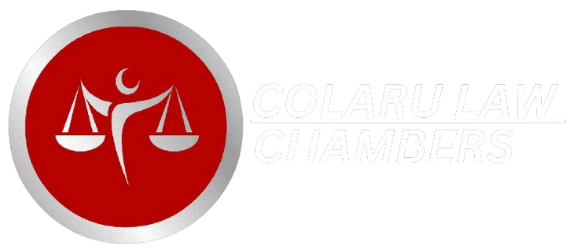Landlord Deposit Notices
Although many landlords use professional factors to manage their properties, many others lease and factor residential properties themselves in order to save some outlays. The law in relation to the Tenancy Deposit Schemes (England) Regulations 2011 continues to develop, and shows the dangers of departures from the statutory framework even if unintentional. It should now be well known that deposits must be properly placed in an approved deposit scheme.
However, landlords are also under a duty to provide the tenant with key information in relation to the system. In a recent case, the landlord had not complied with his duties to provide information to the tenant relating to the safekeeping of the deposit and how any future disputes over the money could be resolved contrary to the regulations 3 and 42.
The failure entitled the tenant to make an application to the Sheriff for sanction by way of an award of money against the landlord over and above the amount of the returned deposit. The Sheriff required to assess an appropriate monetary sanction. The Sheriff’s discretion under regulation 9 is wide. In effect, the approach is rather like a civil plea in mitigation whereby the Sheriff considers all the circumstances and in the case of Jenson and Fappiano, he took into consideration a submission that the landlord was not a professional factor/landlord and that it was only his first venture.
Unsurprisingly, the Sheriff took the view that ignorance of the law was no excuse. However, the Sheriff took the limited means of the landlord into account and also the fact that he had genuinely seemed to learn his lesson and was contrite about this. (Of interest here was that the tenant had fallen into arrears of £9000 of rent and this was taken into account with regards to the landlord’s means.)
The Sheriff awarded a sum equivalent to one third of the deposit plus expenses against the landlord. Each case is decided on its own facts and circumstances but the factors considered here would be ones for consideration if they arise in other cases.









